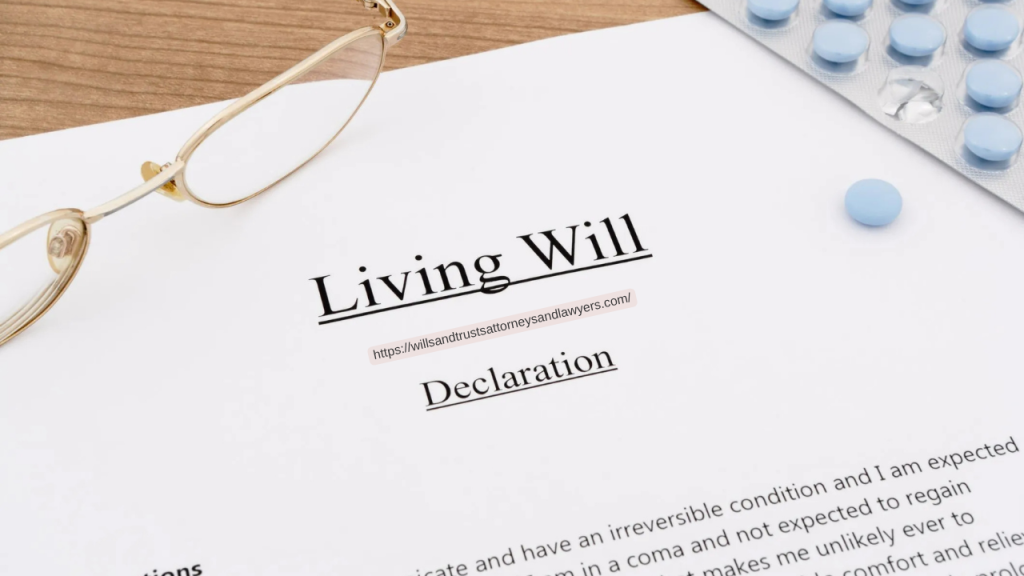
Creating a living will is an important step in protecting your future care and ensuring your personal values are honored. Yet many people find that the clarity needed to make these decisions depends heavily on their mental and emotional wellness. When you are grounded, supported, and mentally balanced, your living will becomes a true reflection of what matters most to you. At Wills and Trusts Attorneys and Lawyers, this process is approached with compassion and an understanding that mental health plays a central role in making confident and meaningful choices.
The services offered, including mental health treatment, addiction recovery support, and holistic, faith centered care, help individuals approach end of life planning with the emotional strength and clarity they need. With the right support system, you can create a living will that protects your future and gives your loved ones peace of mind.
Why Mental Health Matters When Making a Living Will
A living will is more than a legal form. It is a personal statement about how you want to be cared for during moments when you may not be able to speak for yourself. Your ability to understand your options, reflect on your values, and communicate your wishes depends on your mental and emotional state.
Supports Clear Thinking and Informed Choices
Mental clarity helps you consider your preferences without fear or confusion. Whether you are deciding about life support, medical treatments, or who should serve as your healthcare proxy, a stable mindset allows you to think through each option carefully. For individuals in addiction recovery, this clarity is especially important because it strengthens self trust and supports long term stability.
Reduces Stress During a Challenging Process
Planning for the future, especially regarding health care, can trigger anxiety. High stress levels make it difficult to make grounded decisions. By strengthening mental health through counseling, wellness practices, or faith based support, you are better equipped to create a living will that feels thoughtful rather than rushed.
Aligns Decisions with Personal Values
When your mind is calm and focused, you can reflect on what truly matters to you. Mental wellness supports deeper self awareness, which helps ensure your living will aligns with your personal beliefs, spiritual values, and recovery goals.
How Holistic Care Supports the Living Will Process
The approach at Wills and Trusts Attorneys and Lawyers is rooted in a belief that the whole person should be supported during life planning. Mental health, recovery, and emotional stability all play a powerful role in decision making.
Counseling and Mental Health Support
Talking with a mental health professional can help you process fears, gain clarity about your priorities, and understand the emotional impact of your choices. For many individuals in recovery, this support helps strengthen a healthier mindset.
Addiction Recovery Services
Stability in recovery creates stability in planning. When individuals receive inpatient or outpatient support, they often feel more grounded and ready to make decisions about their future. Recovery helps strengthen clarity, confidence, and personal responsibility.
Faith Based Guidance
For individuals who draw strength from spiritual practices, faith can offer comfort and direction. Reflecting on your values through faith grounded guidance can help you make decisions that feel aligned with your beliefs.
Individualized Care Plans
Everyone has different needs, especially when addiction or mental health challenges are factors. Personalized support ensures that your living will reflects your unique values, concerns, and personal journey.
Practical Ways to Strengthen Mental Clarity While Planning
- Give yourself time to think through each decision.
- Write down your wishes before finalizing anything.
- Discuss concerns with counselors or recovery specialists.
- Include trusted loved ones in the conversation.
- Practice mindfulness to stay calm and centered.
- Review your living will regularly as your life changes.
Your Wishes Deserve Clarity and Support
Your living will should be a true reflection of your values, beliefs, and preferences. When mental health is supported through compassionate and holistic care, the entire planning process becomes clearer and more empowering. At Wills and Trusts Attorneys and Lawyers, you receive guidance that honors your personal story and supports your emotional wellbeing every step of the way.
If you are ready to create a living will or want help ensuring it reflects your wishes, reach out today. With the right support, you can build a future that feels secure, thoughtful, and grounded in clarity.







